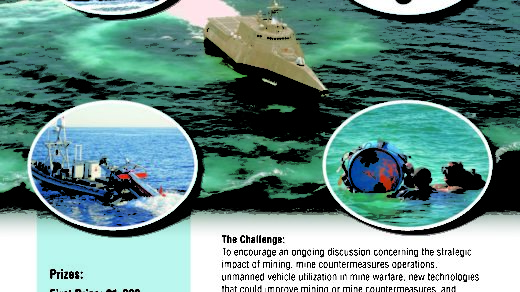Herbert Henry Asquith, Prime Minister of England (1909-1916), called the Gallipoli Campaign (February 19, 1915 – March 8, 1916) the only brilliant strategy developed during World War I. The objective was to use a combined English-French fleet of obsolete warships (18 battleships, 2 semi-dreadnoughts and 2 battle-cruisers plus cruisers, destroyers and minesweepers) to drive through the 40 mile long Dardinells Straits, take Constantinople, knock Turkey out of the war, free up Russian wheat flowing out of the Black Sea, and launch a second front through the Balkans to relieve the pressure on Russia and draw German troops away from the trench warfare in the west.
The Dardinells Strait was deep enough to accommodate any warship, and an average of 4 miles wide, except for the Narrows about halfway the Strait which closed to 1600 yards. The Turkish defenses (aided by Germany) consisted of 100 guns, only a score of them modern, and 72 of them concentrated in 9 forts on both sides of the Narrows. In addition, the Narrows was guarded by 9 lines of moored mines totalling 324 mines, and a number of shore-mounted torpedo tubes.
Many reasons have been offered as to why the naval effort failed, resulting in adoption of the alternate strategy of an amphibious assault which also failed 8 months later after a half million allied and Turkish casualties. The key to that failure, however, was Lieutenant-Colonel Geehl, a Turkish mine expert, who saw where the fleet turned when it retired from bombardment, and planted a line of 20 mines (they only had 36 spares) parallel to the Strait in that area. Three of these mines sank the battleships OCEAN, BOUVET and IRRESISTIBLE.
The Turks later revealed that they were almost out of ammunition when the naval thrust was terminated. One can only speculate about what might have happened had it not been for Lieut-Col. Geehl and those three mines. Certainly success would have freed up the flow of Russian wheat to France. Four Turkish divisions would not have been freed up to attack Russia.
A second front through the Balkans would probably have shortened the war. The Bolsheviks would not have seized power in Russia on November 1, 1917, and Russia would not have signed a separate peace treaty with Germany a month later. It would not have been necessary for the United States to enter the war in April, 1917. Who know but what World War II, The Cold War, the Korean War and the war in Vietnam might never have happened but for those three old moored mines.


Recent Comments